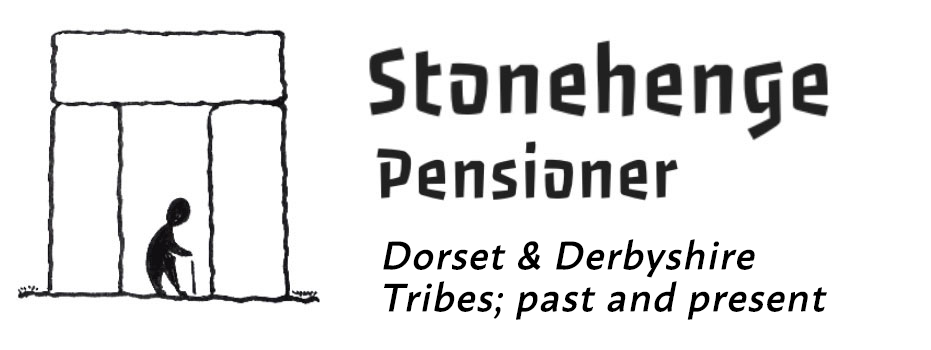Registry Office Wedding In Shrewsbury
Psychologists advise us to love ourselves, but what does that really mean? If it means taking a positive view of your past then perhaps I do love myself. This thought arose because I was mulling over my wedding anniversary, a full 49 years, on the 7th June. Thinking back to when we married, I was impressed at just how confident we, as a couple, were. This flies in the face of the many times we have reflected back on how naive we were as youngsters. Yet, in 1971, my mother and Ann’s parents were told by us that we would have a registry office wedding in Shrewsbury; that they would be put to no expense.
Bucking convention
Think about that for a moment. I came from hole in the pants poverty. Ann’s parents lived in a classic semi, the rustic nouveau riche. Her hard working father worked for the fire service and had a second job to make ends meet. Money was tight for them too. Convention would have it that to deny our humble beginnings, we would demand a flash wedding. That was typical in Shrewsbury as everywhere else. But no, we decided that our wedding would cost them nothing. In fact, Ann’s parents did pay for the wedding tea from Pat-a-Cake, a well known teashop in Shrewsbury. Added to this, we decided that there would be no religious element to our wedding. If that appears a remote consideration, bear in mind that I was on speaking terms with every vicar and priest in Shrewsbury. Okay, that came through funerals, not weddings, but it still suggests some very radical decisions.
Registry office wedding in Shrewsbury
The wedding venue was Dickensian, a dour solicitor’s office in a narrow cobbled street. The solicitor delivered the formalities in minutes, with no warmth. Even if he was more used to shotgun weddings, a smile would have worked wonders. We had to walk to a nearby churchyard to take photos. The wedding party, with a lot of young women in attendance, was a catwalk of miniskirts. My, how those photos look dated. But, it was a contract and a commitment; the romance stretched over our lifetime.
The contract
When you research weddings, the white wedding dress and embellished wedding are recent introductions. Blame Queen Victoria. Prior to her, your Sunday best dress in any colour, was routine. The typical church wedding forged a commitment from the couple that gave their children the necessary stable family life. But, if weddings were previously less showy, they were also significant in controlling women. The woman who did not marry, even in the 1960’s, was called a spinster. That is a derogatory term, especially when compared to an equivalent man, called a bachelor.
The Neolithic
For certain, our decision to brook convention could not have happened in the distant past. In my latest book, my pagan ancestor Zuri does not experience a marriage. She has a ceremony that reflects coming of age. She can then form a union with a man, almost certainly family arranged. The union was about forging strong family units, all of which protected their offspring. The pressure on every woman was to produce a baby. Consequently, the Neolithic woman who failed to produce a healthy baby was probably vilified or given poor status. In 1971, we did not realise how fortunate we were to be able to make our own choices and buck the conventions of millennia.




